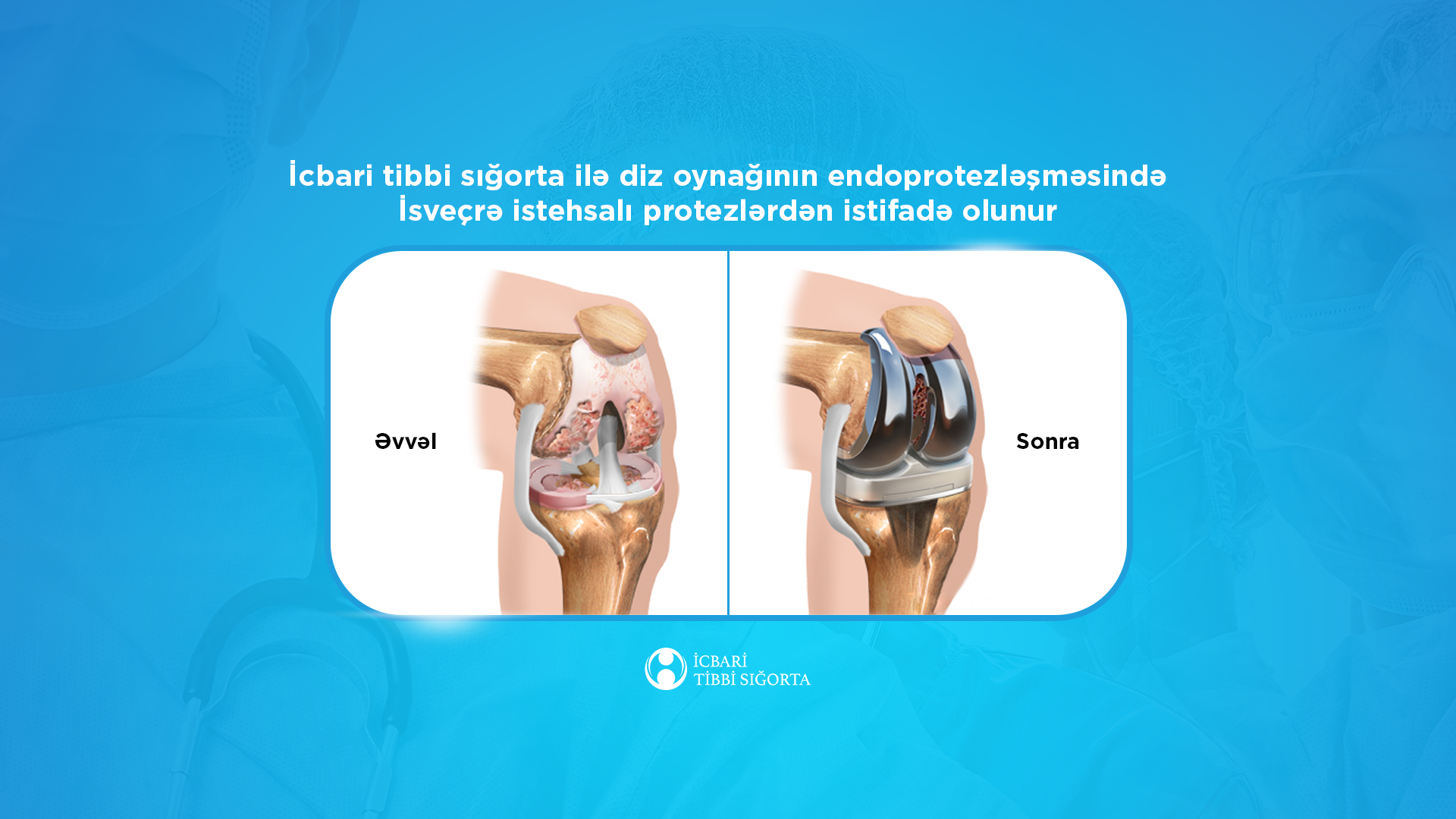 1542
1542 Swiss-made prostheses used in knee joint replacement
12.07.2024, 10:42
Knee joint replacement (knee arthroplasty) is a surgical procedure designed to replace damaged or worn down articular cartilage with an artificial prosthesis. This operation is often the most effective and sometimes the only way to restore joint function and alleviate pain. Most patients can resume their previous active lifestyle within a few days following the surgery.
Arthrosis of the knee joint (gonarthrosis) is one of the most common indications for endoprosthetics. The knee joint, being the largest joint in the body, bears the majority of the weight during movement. Regular activities such as walking, running, squatting, and climbing stairs place significant stress on the knee, making it susceptible to wear and tear.
Gonarthrosis, a chronic degenerative-dystrophic condition, results from changes in the cartilage tissue of the joint surfaces. Various factors, including trauma, obesity, heavy physical labor, and aging, can disrupt and deform the cartilage. The condition, particularly prevalent among the elderly, causes pain during movement and can progress to pain even at rest.
When severe pain persists despite conservative treatments and is accompanied by pathological changes in the knee joint, surgical intervention becomes necessary.
Indications for knee endoprosthetic surgery include:
3rd and 4th degree arthrosis (cartilage deformation), rheumatic polyarthritis (autoimmune joint disease), post-traumatic arthrosis, ligament injuries, aseptic necrosis of the knee joint, malignant tumors affecting the knee joint, diagnostic procedures may include X-rays, ultrasound, arthroscopy, joint structure biopsy, CT scans, MRI, and laboratory tests.
Mandatory health insurance covers the cost of medications, medical expenses (including artificial prostheses), laboratory and instrumental examinations, resuscitation, blood or blood components, and patient meals.
The knee prostheses provided under mandatory health insurance, produced by the Swiss company Medacta, are known for their high quality. These prostheses, made from cobalt-chromium alloy and titanium, are scratch-resistant and safe for knee joint endoprosthetic surgery.
From 2022 to April 2024, a total of 3,828 knee joint endoprosthesis procedures were performed under mandatory health insurance.
Knee joint endoprosthetic surgeries covered by mandatory health insurance are conducted at the Guba Regional Central Hospital, Ganja United City Hospital, Absheron District Central Hospital, Central Oilworkers' Hospital, Clinical Medical Center, Republican Clinical Hospital, New Clinic, Scientific Research Institute of Traumatology and Orthopedics of the Ministry of Health, and at medical facilities contracted by the State Agency on Mandatory Health Insurance.
Last News
Azərbaycan nümayəndə heyəti Macarıstanda işgüzar səfərdə olub

Specialized medical examinations conducted in children's shelters

Citizens gain broader access to medical information via “mygov” platform

Number of contracted private medical institutions reaches 192

Zaur Aliyev received citizens in Khachmaz district

Mandatory health insurance covers examination and inpatient treatment for gluten sensitivity

Plasmapheresis covered under mandatory health insurance

Allergy diagnostics and inpatient treatment covered by mandatory health insurance

Modern medical equipment donated to the Central Oilmen Hospital

5,643 procedures performed in 2024 to remove fluid accumulated in the lungs


 View all news
View all news 